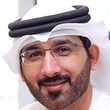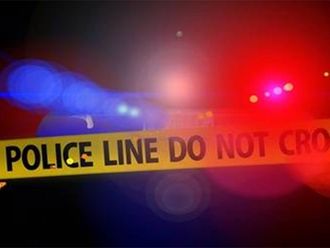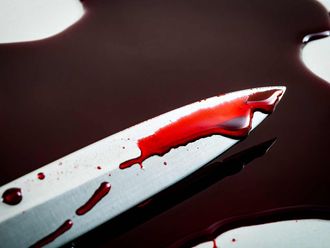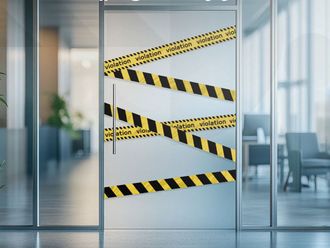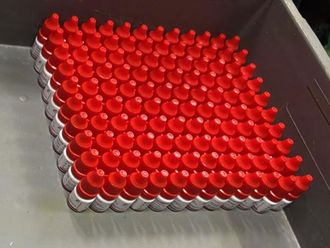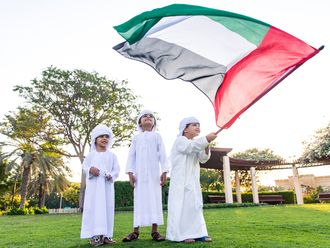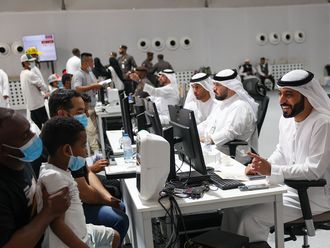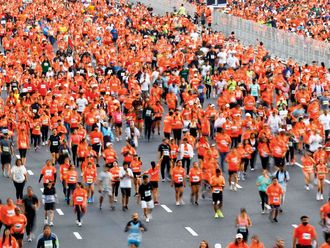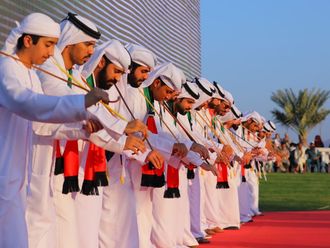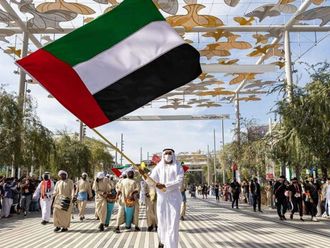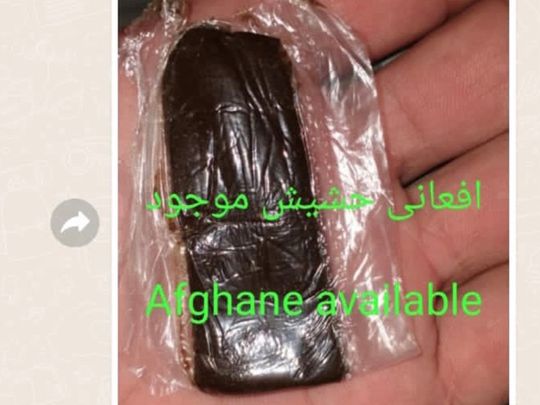
Dubai: Dubai Police recently arrested 100 drug traffickers who were using Global Positioning System (GPS) technology to sell narcotic substances after promoting them through WhatsApp messages.
According to an official in Dubai Police, traffickers send messages from unknown numbers to residents, offering various narcotic substances such as hashish, crystal meth and illegal painkillers.
Colonel Abdullah Matar Al Khayat, the manager of Hemaya International Centre at Dubai Police, said that Dubai Police had launched a campaign called ‘Unknown Messages’ to crack down on traffickers, which led to the arrest of 100 suspects in the last three months.
“Dubai Police noticed a suspicious activity similar to the concept of a delivery system, but this was for supplying drugs. It was an online message to people in the country, promoting different kinds of drugs,” said Col Al Khayat.
The Dubai Police campaign to counter such illegal activities was conducted in collaboration with the UAE Central Bank and Dubai’s Roads and Transport Authority (RTA).
The aim was to increase awareness among the public to report such messages through the E-crime platform and by calling the non-emergency hotline number 901.
“Traffickers send messages to clients and once the latter agree to buy drugs, the substances are buried at a specific place and the location is then shared through GPS with the client as soon as the money is transferred,” Col Al Khayat said, explaining the mode of operation by drug traffickers. “Dubai Police have arrested more than 100 suspects promoting drugs,” he added.
He said that 190 million awareness messages reached the public, including 77 million messages from RTA through different means of transportation, while 91 million messages were conveyed through ATMs.
“The results were impressive as the calls to 901 increased by 33 per cent and we received 632 reports from the public through the E-crime platform in three months — an increase by 158 per cent,” Col Al Khayat said.
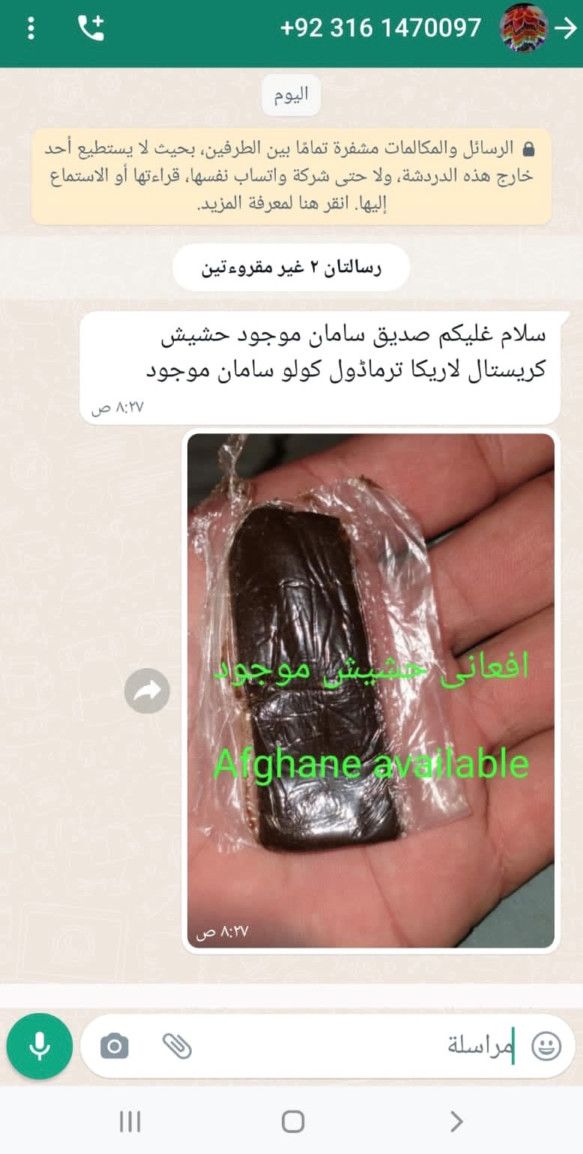
Col Al Khayat, said: “While most adults inform police and block the numbers from where these messages are sent, teenagers sometimes are curious and respond to the messages to buy drugs. Parents should speak to their children about what to do in case they receive such messages,” Col Al Khayat advised.
What do these messages say?
Typically, messages from drug traffickers that are sent to people in the UAE are in Arabic. They show a piece of an illegal narcotic substance with a text saying: “Salam Alaykum my friend. Hashish, Crystal, Lyrica, Tramadol, everything available.”


